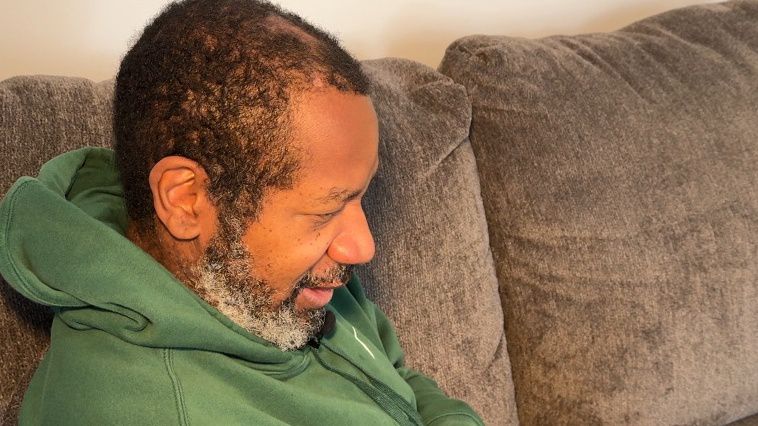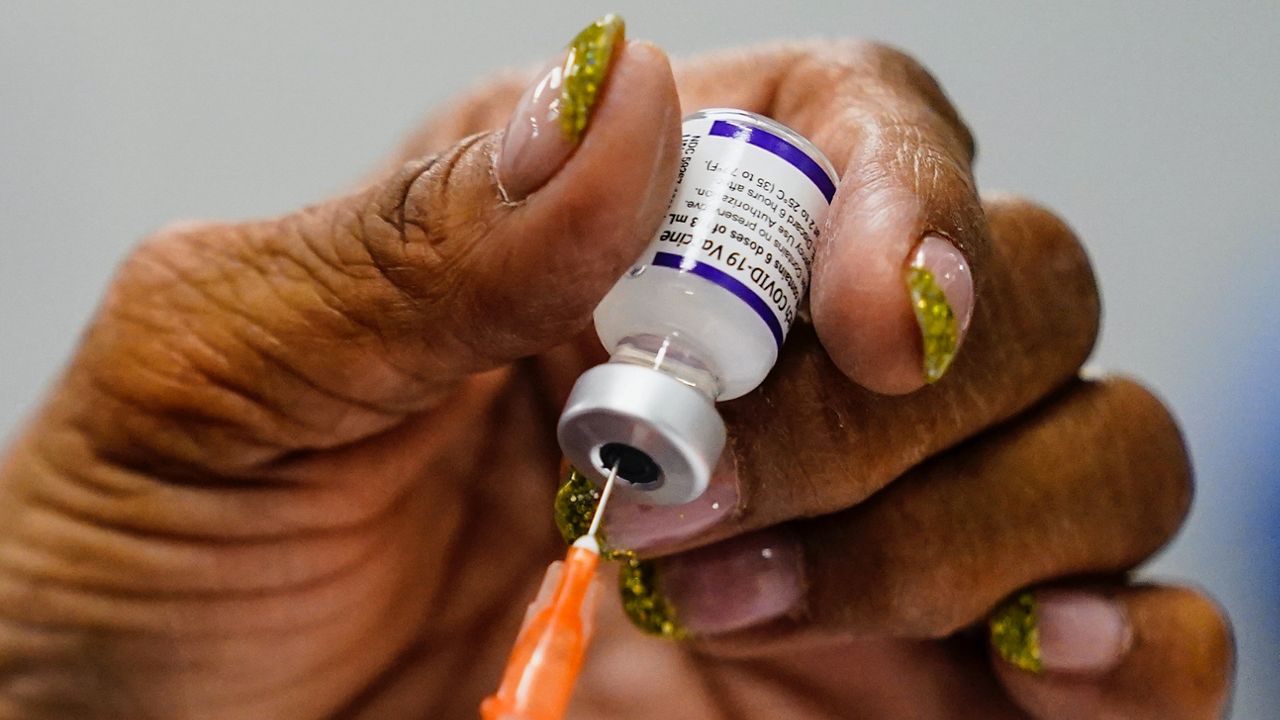The love between a mother and daughter is on full display during playtime. Allison Cappella waited to have her first child until she felt like she was financially ready. She was 42 when she had Zelda, a two-and-a-half-year-old who is full of energy.
What You Need To Know
- The National Center for Health Statistics says, on average, women are having 1.3 biological children, and are doing so later in life at the age of 35 or older
- Allison Cappella and her husband, both working professionals, waited to have their first child until they were financially stable
- Cappella says she and her husband can’t afford to have another child, with child care among the biggest costs
- A New York task force is examining child care availability and looking at pathways to bring universal child care to New York
Cappella is a lawyer and a working mother. Despite she and her husband being working professionals, she believes the cost of raising a child in the U.S. is expensive. Among the biggest costs: child care.
“That’s a rent payment; it’s half of the mortgage payment,” she said.
They rely strictly on day care or babysitters with no family members nearby.
While she would love to give Zelda another sibling, she can’t afford to have another child.
“You know, you think about not just diapers, and formula, and day care, but you want the best for your kid, and swimming lessons and dance lessons and things like that are only expensive, but time consuming,” Cappella said. “The idea of adding a second to the mix is, just like, I don’t know if we can do this.”
The U.S. fertility rate is on a sharp decline, especially among younger generations.
The National Center for Health Statistics says, on average, women are having 1.3 biological children, and are doing so later in life at the age of 35 or older. Reasons for the delay include pursuit of a higher education, changes in familial values, and financial considerations.
“Your career becomes your identity. And it’s really hard to choose, and it pulls at your heartstrings,” she said.
Cappella says parenting can be challenging at times, but she remains grateful for what she has.
“I’m not Debbie Downer on having a kid,” Cappella said. “She’s the best thing that happened in my life, but it’s not what I thought it was gonna be. It’s way harder.”
Cappella, dropping off Zelda at day care, wants the U.S. government to invest in and promote American families by subsidizing child care and so much more.
“Having more flexibility, and more paternity and maternity leave. The tax credit that went away last year because of COVID really killed me,” she said. “I got a great tax return last year; this year I didn’t. Having children is wonderful. It’s been the most fulfilling thing in my life. And everyone deserves that chance; it should not be based on money alone.”
Governor Kathy Hochul wants the state to commit $7 billion over the next four years to making child care more accessible. That’s dependent on funding being included in the state budget going forward. Currently, a family of four making less than $83,000 a year qualifies for state child care assistance, but the threshold could go up to $93,000 a year if approved by lawmakers. The state currently has a task force examining child care availability in the state and looking at pathways to bring universal child care to New York.










